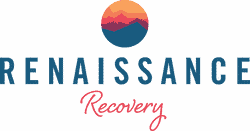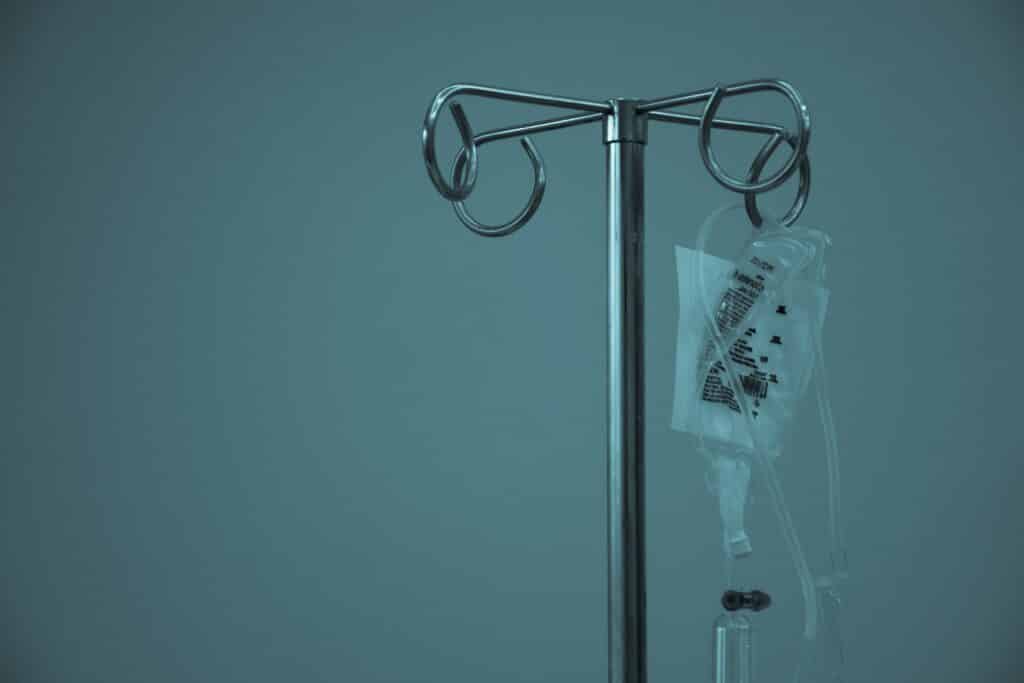Dual Diagnosis Treatment
Dual Diagnosis Treatment Program
Living with a substance use disorder is challenging. In fact, according to the National Institutes of Health, twenty-three million adults in the U.S. have struggled with problematic drug use at some point in their lives. However, the problem is compounded when people with substance addiction also have a mental health problem. The fact is these two conditions often go together. When this occurs, it’s critical to participate in a dual diagnosis treatment program. At a dual diagnosis treatment program, you can find a pathway to inner healing and freedom from drug addiction.

By: Renaissance Recovery
Clinically Reviewed by: Diana Vo, LMFT
Last Updated:
03/24/2024
What Is a Dual Diagnosis Treatment Program?
Are you asking yourself “what is dual diagnosis?”
A dual diagnosis involves a person who has two conditions occurring simultaneously. In other words, a person is diagnosed with a substance use disorder while at the same time having a mental health condition. Some common mental health conditions that occur frequently with substance use disorder are as follows:
- Anxiety disorder
- Major depressive disorder
- Personality disorders
- Eating disorders
- Trauma-related disorders
The substances commonly abused by those who receive a dual diagnosis include a range of drugs, such as heroin, meth, marijuana, alcohol, or opioids.
Table of Contents
How Does a Dual Diagnosis Treatment Program Work?
When participating in a dual diagnosis treatment program, therapists will help you get to the root of your problem. There are two reasons why people end up needing a dual diagnosis treatment program. One reason is that people with mental health issues turn to drugs or alcohol to soothe their symptoms because they are not getting treatment for their condition. The other reason is that people who use drugs over time change the chemistry of their brains, and they develop mental health conditions. The causes of dual diagnosis depend on each person’s unique situation.
A dual diagnosis treatment program will work to solve any inner conflicts or past trauma you may have that is contributing to your substance use. Solving mental health and substance use disorders will bring you to the inner peace you need for recovery. Once a person solves the inner trauma and mental health issues, they are much better situated to fight substance use.

2) Mental health disorders can contribute to alcohol use disorders and substance use disorders
Many people with mental health disorders – especially when undiagnosed – self-medicate their symptoms using drink or drugs. This is known as self-medication.
While self-medication may offer some fleeting relief, the symptoms remain unaddressed and could potentially worsen over time. Research indicates that some people continue self-medicating despite the worsening of symptoms. At the same time, self-medication increases the risk of developing alcohol use disorder or substance use disorder.
Beyond this, mental health disorders impact the brain’s chemistry and function, potentially heightening the risk profile for addiction. More research is needed in this area.
3) Substance use can trigger mental health disorders
In some cases, substance abuse can lead to the development of mental illness.
This study suggests that using marijuana long-term could potentially trigger negative emotionality as well as an increased risk of psychosis. The possibility of adverse long-term effects is greatest in those who begin using marijuana early in life.
Some people also develop depression or anxiety after first developing an alcohol use disorder or substance use disorder.


What Causes Dual Diagnosis?
While there is an extensive association between substance use disorder and psychiatric disorders, there is no direct evidence of causality – that is, one condition does not necessarily cause the other.
Despite widespread research into dual diagnosis, scientists and addiction specialists do not yet fully understand why co-occurring addiction and mental illness is so prevalent.
That said, there are three leading possibilities for the co-occurrence of these conditions:
1) Substance use disorders and mental health disorders share some common risk factors
Although all substance use disorders are different and all mental health conditions are different, they nevertheless share some common risk factors, including:
- Genetics: Scientists estimate that 40% to 60% of your vulnerability to addiction is genetic. Similarly, research shows that all major mental health conditions also have a genetic component. Depression and anxiety, for instance, are between 20% and 45% inherited, while bipolar disorder and schizophrenia are over 75% inherited.
- Stress: Stress is a well-known risk factor for addiction and relapse. According to NAMI (the National Alliance on Mental Illness), stress can also lead to worsening symptoms of mental health conditions.
- Trauma: Trauma all too often contributes to addiction. Trauma can also manifest in the form of mental health conditions like PTSD (post-traumatic stress disorder).

Benefits of a Dual Diagnosis Treatment Program
There are many benefits of a dual diagnosis treatment program, including:
- Less chance of relapse – By identifying the root causes of substance abuse and emotional suffering, people in recovery can find out exactly why they have an addiction. Then, people in recovery can learn to avoid triggers that would lead them to relapse.
- Personalized treatment plan – Through the use of a dual diagnosis treatment program, the team at Renaissance Recovery can design a treatment plan that meets the specific needs of the individual.
- Cost efficiency – A dual diagnosis treatment program can cost less than other kinds of treatment because Renaissance Recovery is a “one-stop-shop” where people can get whatever treatment they need. This prevents being charged for duplication of services from many different treatment programs.
Get Dual Diagnosis Treatment at Renaissance Recovery
Find peace at Renaissance Recovery’s California rehab with the help of our professional and compassionate therapists. Our varied approach, including a dual diagnosis treatment plan, provides a broad range of solutions for those struggling with addiction. We use evidence-based methods to guide people through a customized treatment plan.
The Renaissance team is full of caring and kindness, and we treat everyone with respect and fairness. You will be motivated on your journey to seek a brighter, sober future and find the hope you’re looking for at Renaissance Recovery.
Don’t let substance abuse spoil your happiness in life. You can overcome your drug addiction problems by seeking treatment at a dual diagnosis treatment program. Contact us by either calling 866.330.9449 or completing our confidential online form, and we’ll help you every step of the way.
Rehabilitation can put an end to addiction
Call and ask the facility directly or call your own provider to determine if your insurance covers the treatment.

